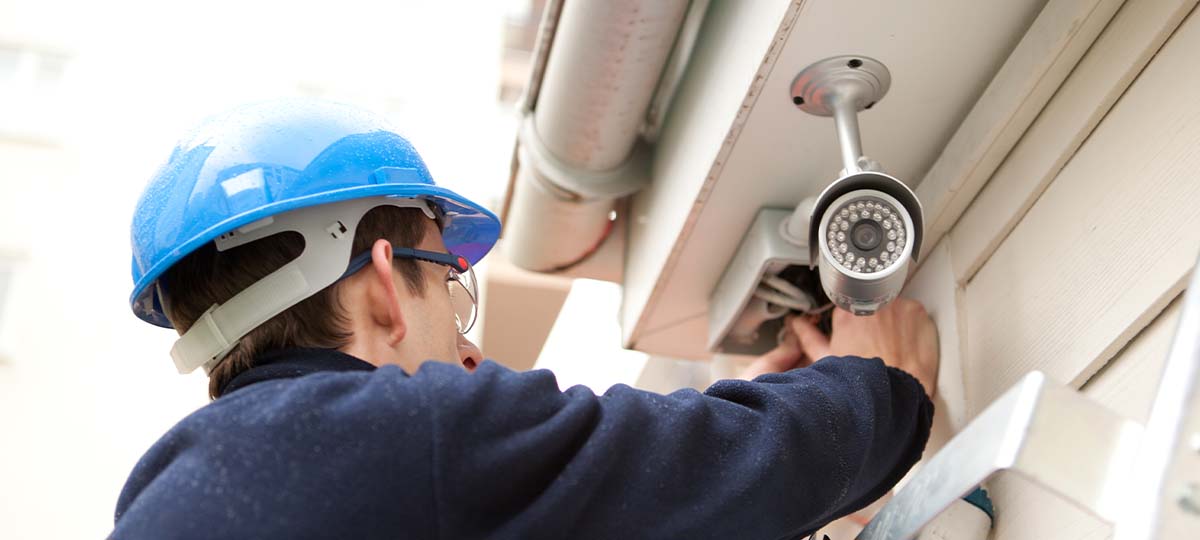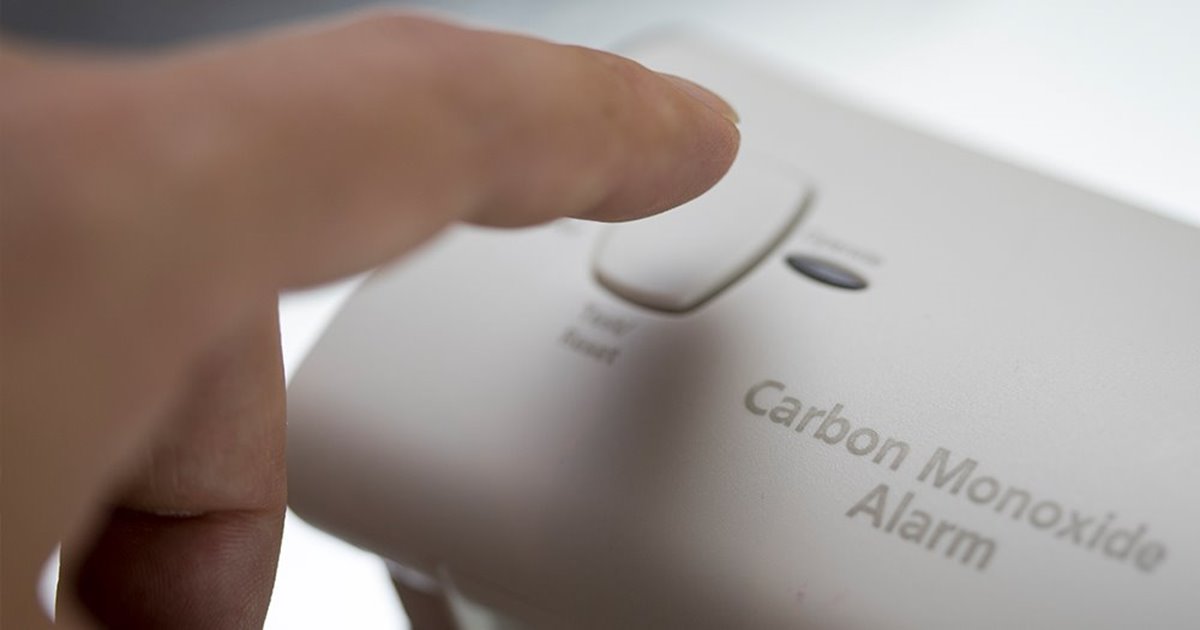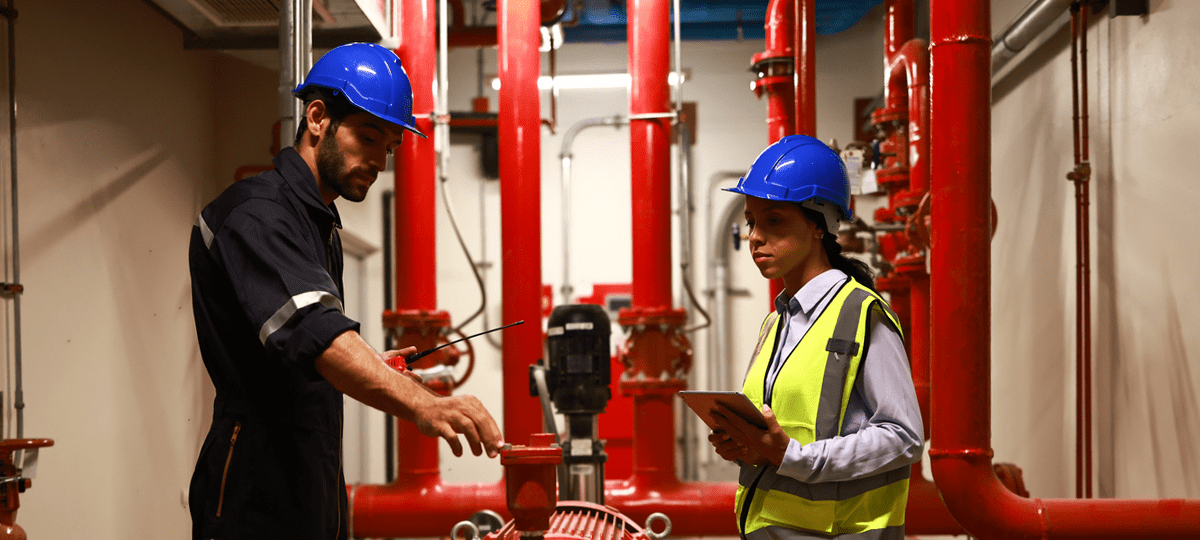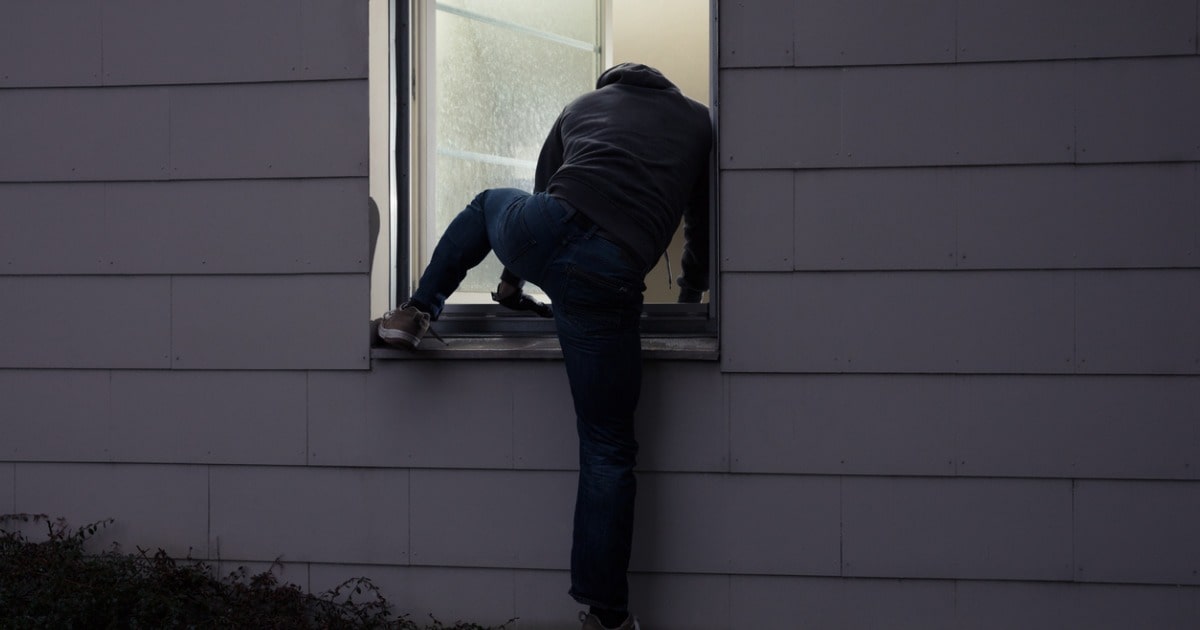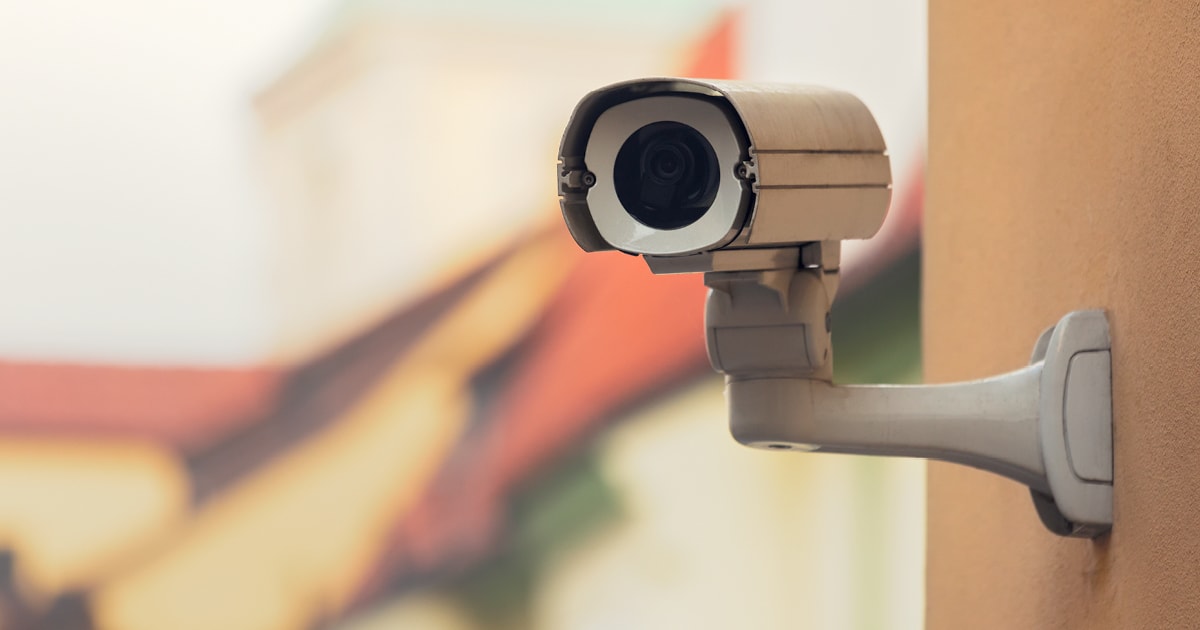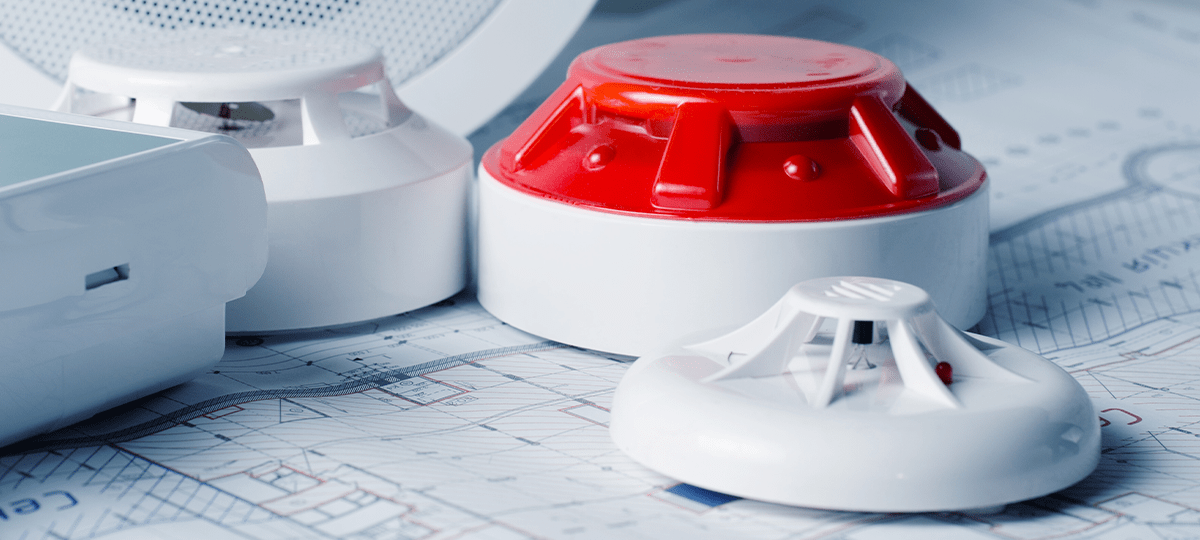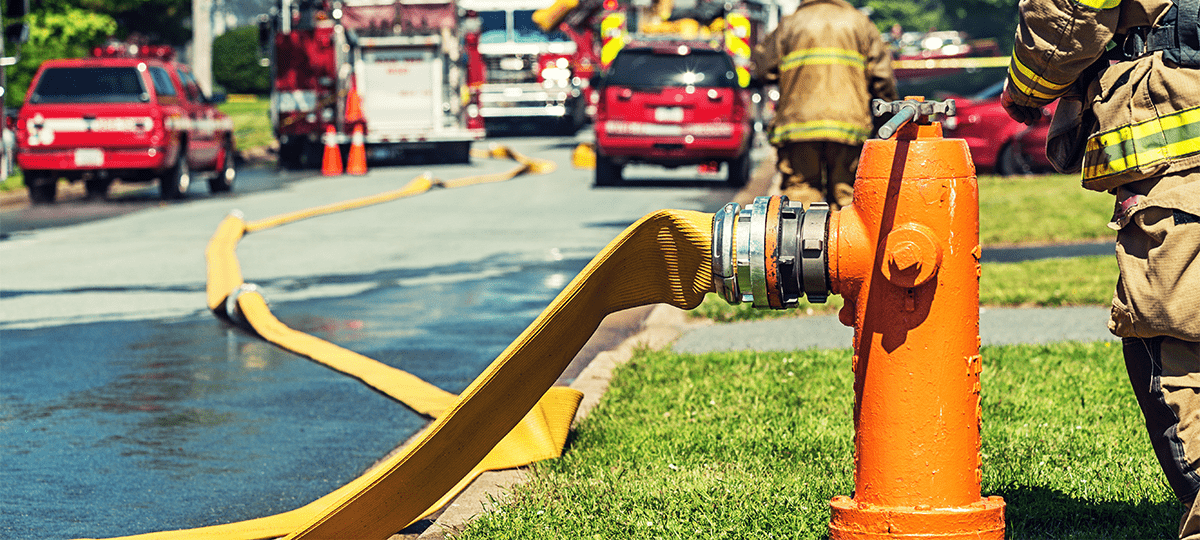Code Requirements for Commercial Fire Alarms
The International Code Council
The purpose of commercial property is for business or retail use, and the International Code Council (ICC) is a nonprofit association that develops model codes and standards used worldwide to construct safe, sustainable, affordable, and resilient structures.
The fire codes vary depending on the type of business you run. For example, your codes will be very different if you have a building where more than 300 people can gather, such as an event rental space vs. a building that is used for manufacturing products.
2021 International Building Code
The International Building Code, developed by the ICC, breaks down its rules and regulations based on the type of group using the property, as well as by the parts of the fire system.
Occupancy Use Groups
- Assembly: Groups A-1, A-2, A-3, A-4, and A-5
- Business: Group B
- Educational: Group E
- Factory and industrial: Groups F-1 and F-2
- High hazard: Groups H-1, H2, H3, H4, and H5
- Institutional: Group I-1, I-2, I-3, and I-4
- Mercantile: Group M
- Residential: Groups R-1, R-2, R-3, and R-4
- Storage: Groups S-1 and S-2
- Utility and miscellaneous: Group U
The parts of the fire system covered include:
- Automatic sprinkler systems
- Alternative automatic fire-extinguishing systems
- Standpipe systems
- Portable fire extinguishers
- Fire alarm and detection systems
- Emergency alarm systems
- Smoke control systems
- Smoke and heat removal
- Explosion control
- Fire department connections
- Fire pumps
- Fire protection based on special detailed requirements of use and occupancy
- Carbon monoxide detection
- Gas detection systems
- Mass notification systems
The International Building Code, Chapter 9 Fire Protection and Life Safety Systems, section 903 talks about what is required for Automatic Sprinkler Systems in a commercial building. Groups A-1 through A-5 have slightly different requirements for how their automatic sprinkler system must be set up versus Group E or Group F1. The same goes for section 907, which talks about fire alarm and detection systems.
It’s essential to read these codes thoroughly as there are many nuances and exceptions.
Why are there so many codes?
These codes represent the minimum requirements for active fire protection equipment. Generally, the requirements are determined based on the number of people inside the building and the vicinity of the building as they affect firefighting capabilities the most.
Testing criteria for the fire protection systems also are contained in this chapter related explicitly to Fire Protection and Life Safety Systems.
If you do not have experience working with and understanding these codes, the information may seem overwhelming. The complexity is driven by the authorities’ desire to protect the health and safety of building occupants. Many times, fire alarm systems may require the approval of multiple jurisdictions (local, state, and joint commission) before installation.
Working with a company that understands the requirements of these codes is critical in getting a fire alarm system installed in a commercial property.
At FSS Technologies, all our designers and installers are NICET certified, and we understand the subtle differences of installing security systems in most jurisdictions. For more information on designing the right solution for your business, contact us today.
